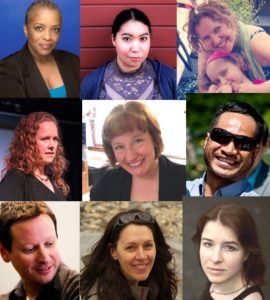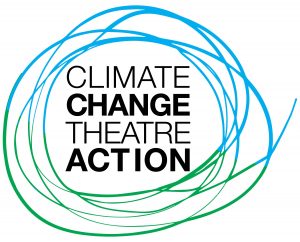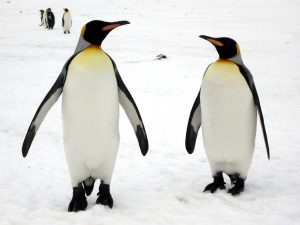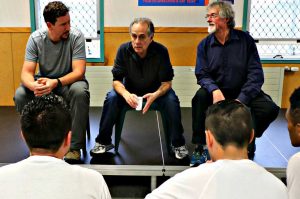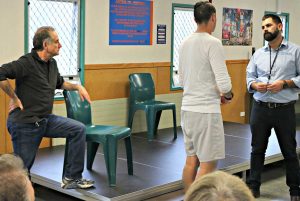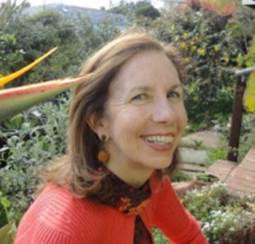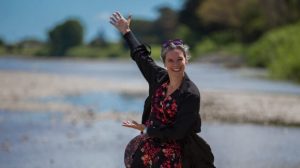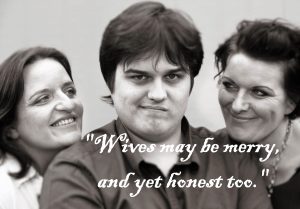With only a few days to go until Still Waving: Climate Change Theatre Action Aotearoa 2017, we are excited to bring you the full programme.
On October 23, we will be staging nine short plays at 2pm in the Massey University Wellington Theatre Laboratory:
- Start Where You Are, by E. M. Lewis – a poignant look at how to remain hopeful in the face of calamity, by an award-winning Oregon-based playwright
- The Penguins, by Elspeth Tilley – lifting our spirits through comedy as we find out what penguins think of humanity
- Truth Like Water, by Kat Laveaux – premiering a compassionate view of the world from an emerging Native American playwright whose tribe stands in defiance at the Dakota Access Pipeline protests
- A Girl’s Dance, by Ian Lesā – also a world premiere: a powerfully spiritual work from a new voice, Samoan New Zealand playwright and director Ian Lesā
- Brackendale, by Elaine Ávila – a wry comedy about Bald Eagles and rubbish dumps, from a Canadian/US writer of Azorean Portuguese descent
- Single Use, by Marcia Johnson – a Jamaican playwright’s very modern sketch of online dating in the 21st century and how we decide what’s important in a partner
- Swing Among the Stars, by Philip Braithwaite – an interstellar future, from the imagination of a multi-award-winning New Zealand playwright
- Homo Sapiens, by Chantal Bilodeau – a trip to the zoo, a century from now. What will be on exhibit? A provocative comedy from the co-founder of Climate Change Theatre Action, and;
- Rube Goldberg Device for The Generation of Hope, by Jordan Hall – an interactive experience that will get you off your feet, from a fresh and inspirational Canadian playwright.
There will also be readings of the three winning pieces in our Climate Change Theatre Action Creative Writing Competition, and a short talk from Generation Zero about what you can do to pitch in in the fight against climate change.
Still Waving is a paperless event, so please download our full programme in a PDF file, here for more detail of cast and crew: Still Waving Final Programme PDF 3
If you haven’t got your ticket yet, get one now from EventFinda: https://www.eventfinda.co.nz/2017/still-waving-climate-change-theatre-action-aotearoa-2017/wellington
And don’t forget, you can also join the ‘Becoming Penguin’ Performance Walk just prior to Still Waving if you’re keen – details at http://sites.massey.ac.nz/expressivearts/2017/08/30/becoming-penguin-a-performance-walk/
